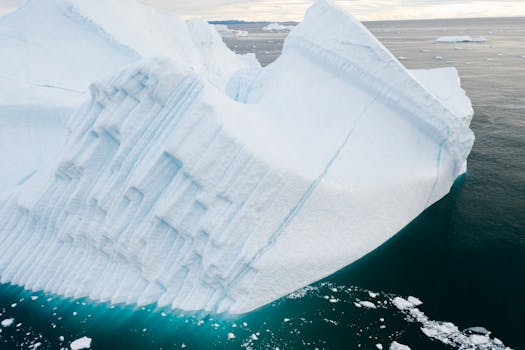
The Impact of Climate Change on Global Ecosystems
Introduction to Climate Change and Ecosystems
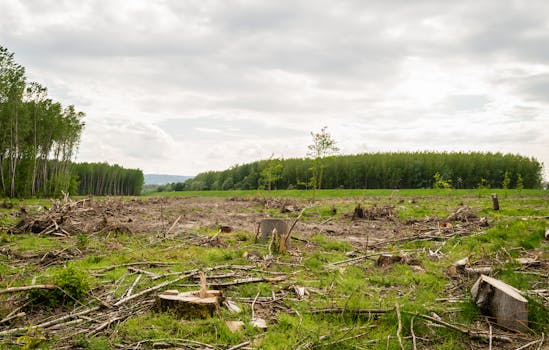
Climate change is one of the most pressing issues of our time, with far-reaching consequences for the health of our planet. The impact of climate change on global ecosystems is a complex and multifaceted issue, involving changes to temperature and precipitation patterns, sea-level rise, and alterations to the delicate balance of ecosystems. In this article, we will explore the effects of climate change on global ecosystems, including the consequences for biodiversity, ecosystems services, and human well-being.
Consequences of Climate Change for Ecosystems
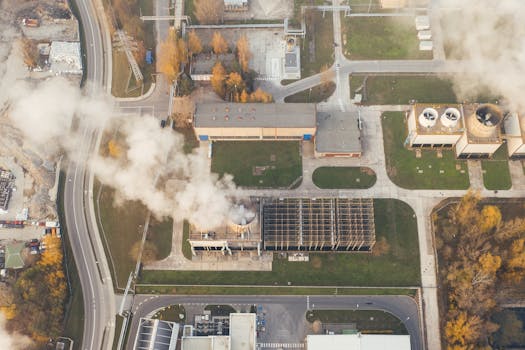
Climate change is having a profound impact on ecosystems around the world. Rising temperatures are altering the distribution and abundance of plants and animals, while changes to precipitation patterns are affecting the availability of water and the frequency of extreme weather events. Sea-level rise is also having a significant impact on coastal ecosystems, including the loss of habitats and the displacement of communities.
Biodiversity and Climate Change
Climate change is a major driver of biodiversity loss, with many species facing extinction due to changes in their habitats and the disruption of their ecosystems. The consequences of climate change for biodiversity are far-reaching, with implications for ecosystem services, human well-being, and the health of the planet.
Ecosystem Services and Climate Change
Ecosystem services, including pollination, pest control, and nutrient cycling, are essential for human well-being and the health of the planet. Climate change is having a significant impact on ecosystem services, including the disruption of pollination patterns, the loss of nutrient-rich soils, and the degradation of water quality.
Case Studies: The Impact of Climate Change on Ecosystems
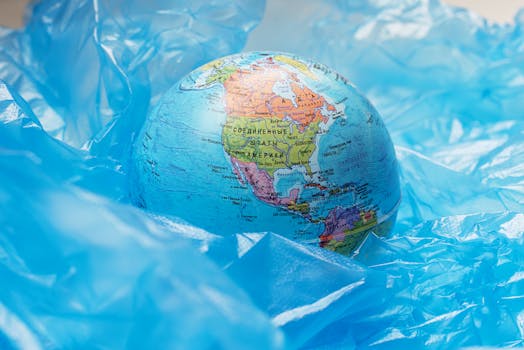
The impact of climate change on ecosystems can be seen in many different parts of the world. From the melting of glaciers in the Arctic to the collapse of coral reefs in the Great Barrier Reef, the consequences of climate change are far-reaching and devastating. In this section, we will explore some case studies of the impact of climate change on ecosystems, including the effects of sea-level rise on coastal communities and the consequences of drought on agricultural ecosystems.
The Arctic and Climate Change
The Arctic is one of the most vulnerable regions to climate change, with rising temperatures and melting sea ice having a significant impact on ecosystems and communities. The consequences of climate change in the Arctic include the loss of habitats, the disruption of food chains, and the displacement of indigenous communities.
The Great Barrier Reef and Climate Change
The Great Barrier Reef is one of the most diverse ecosystems on the planet, with thousands of species of plants and animals calling the reef home. However, the reef is facing a major threat from climate change, including rising sea temperatures, ocean acidification, and increased storm frequency. The consequences of climate change for the Great Barrier Reef include coral bleaching, habitat loss, and the degradation of ecosystem services.
Mitigating the Impact of Climate Change on Ecosystems

While the consequences of climate change for ecosystems are far-reaching and devastating, there are steps that we can take to mitigate its impact. From reducing greenhouse gas emissions to protecting and restoring natural habitats, we can work to reduce the effects of climate change and promote the health and resilience of ecosystems.
Reducing Greenhouse Gas Emissions
One of the most effective ways to mitigate the impact of climate change on ecosystems is to reduce greenhouse gas emissions. This can be achieved through a range of strategies, including transitioning to renewable energy sources, increasing energy efficiency, and promoting sustainable land use practices.
Protecting and Restoring Natural Habitats
Protecting and restoring natural habitats is essential for maintaining the health and resilience of ecosystems. This can be achieved through the establishment of protected areas, the restoration of degraded habitats, and the promotion of sustainable land use practices.
Conclusion
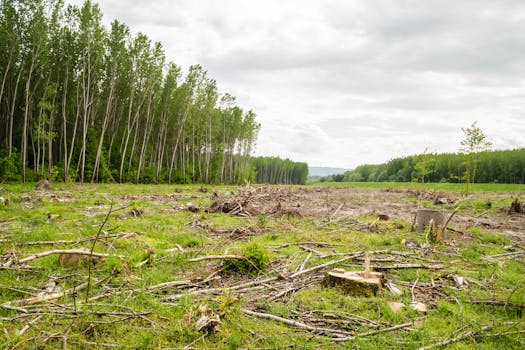
In conclusion, the impact of climate change on global ecosystems is a complex and multifaceted issue, involving changes to temperature and precipitation patterns, sea-level rise, and alterations to the delicate balance of ecosystems. While the consequences of climate change are far-reaching and devastating, there are steps that we can take to mitigate its impact. By reducing greenhouse gas emissions, protecting and restoring natural habitats, and promoting sustainable land use practices, we can work to reduce the effects of climate change and promote the health and resilience of ecosystems.






